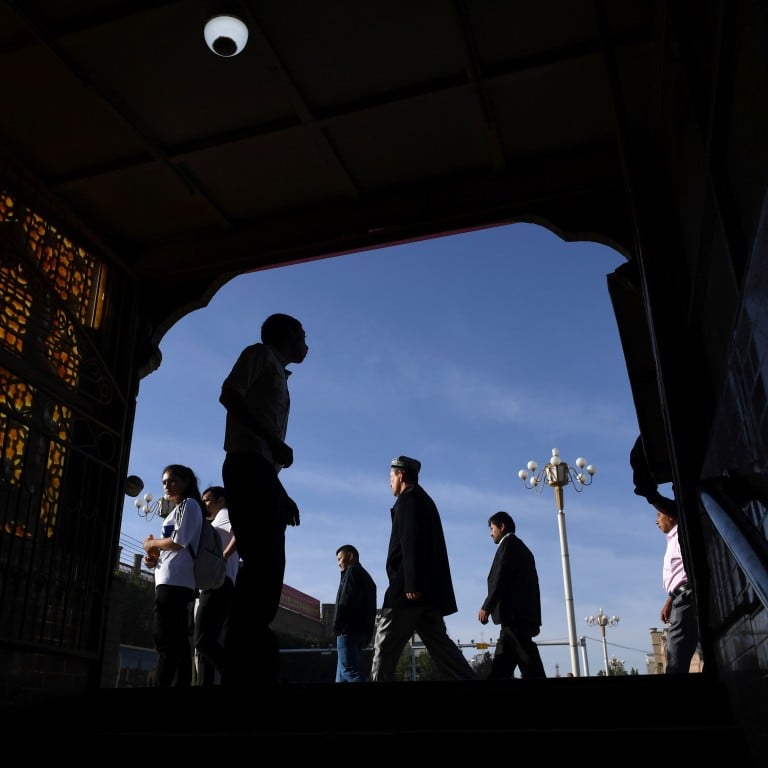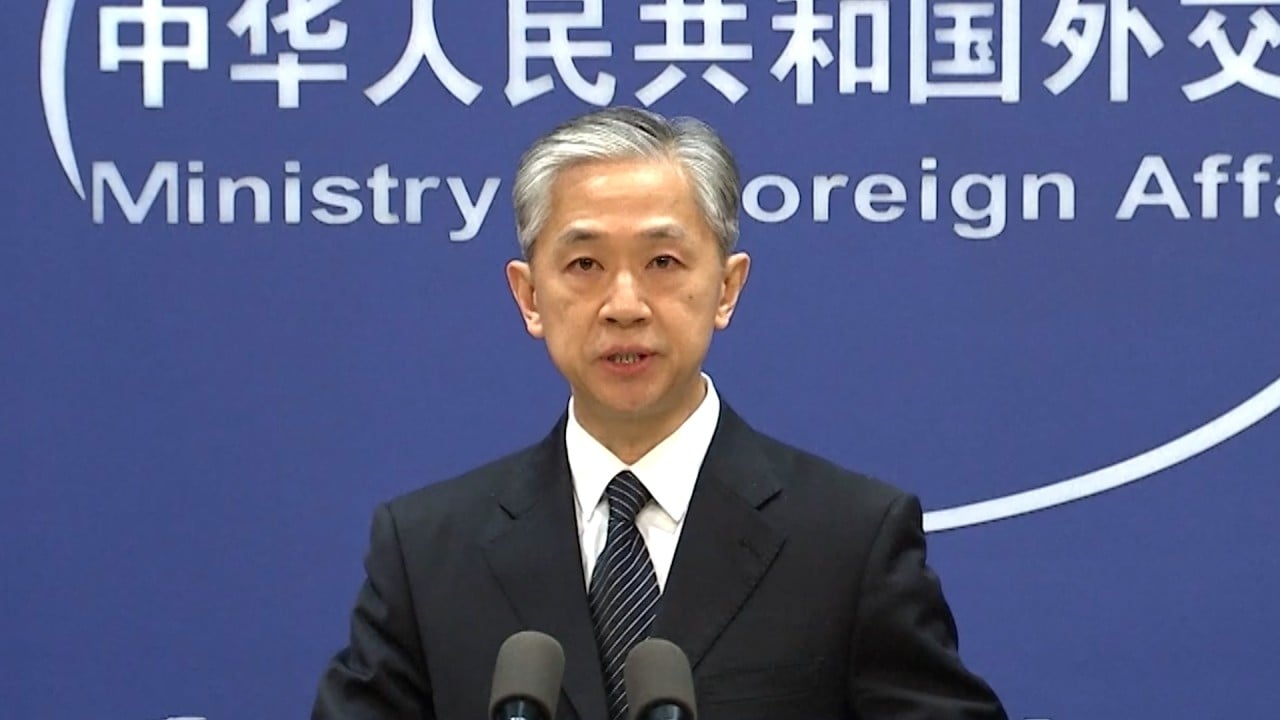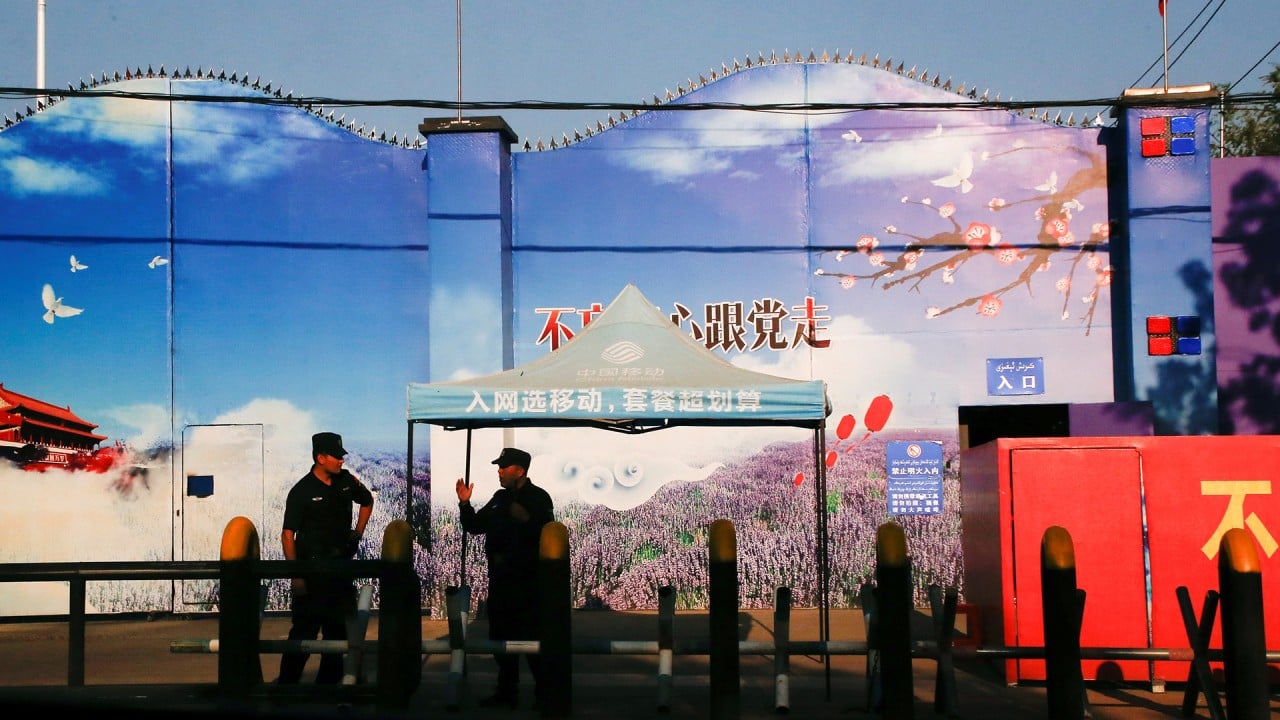
Xinjiang ‘genocide’ claims are ‘fake news’, Chinese foreign minister says
- Wang Yi hits back at Western claims of genocidal treatment of ethnic minority groups in the region as lies designed to undermine security
- China is under growing criticism from abroad over its policies related to Uygurs, Kazakhs and Kyrgyz communities
“Some Western politicians would rather listen to lies fabricated by a few individuals than to care for the voices of 25 million Xinjiang people of various ethnic groups,” state news agency Xinhua quoted Wang as saying.
“This only shows they have little concern for the truth and would rather indulge themselves in political manoeuvring and fabricating issues on Xinjiang to undermine regional security and stability and obstruct China’s development progress.”
But the efforts have not convinced critics who say that an independent, impartial and transparent assessment of conditions in Xinjiang has not been possible. Activists say they cannot get visas, travel freely or ensure people they talk to in Xinjiang are protected from retaliation.

01:09
China denounces Canadian lawmakers for passing motion declaring genocide in Xinjiang
In January, US Secretary of State Antony Blinken, appointed by US President Joe Biden, said he believed China’s treatment of Uygurs amounted to genocide
Under international law, crimes against humanity are defined as widespread and systematic, whereas the burden of proof for genocide – the intent to destroy part of a population – can be more difficult to prove.
The genocide claim stems from studies suggesting that “intention to prevent births” within a certain race group and “having punishment camps” in Xinjiang fall under UN Resolution 260, generally known as the genocide convention.
The United Nations or an international court has yet to declare conditions in Xinjiang as genocide.

02:27
US declares China has committed genocide in its treatment of Uygurs in Xinjiang
On Sunday, Wang said the term “genocide” reminded people of the treatment of native Americans of the 16th century, the African slaves of the 19th century and the Jews of the 20th century as well as the struggles faced by indigenous Australians today.
He also repeated invitations for foreigners to visit Xinjiang to see things for themselves.
“Seeing is believing and the rumours will naturally crumble,” Wang said, accusing people who had not been to the region of generating “fake news”.
Wang said people who went to Xinjiang had a different view from the one portrayed in Western media and cited French writer Maxime Vivas’ Ouïghours, pour en finir avec les fake news (The End of Uyghur Fake News) as a positive example. Vivias’ book was based on visits to Xinjiang in 2016 and 2018 and described positive developments in the region.
Human rights groups and UN experts say that at least 1 million Muslims from ethnic minority groups have been held arbitrarily in a sprawling network of internment camps. China has denied the claims, saying the camps are training centres to combat extremism and provide vocational training.

